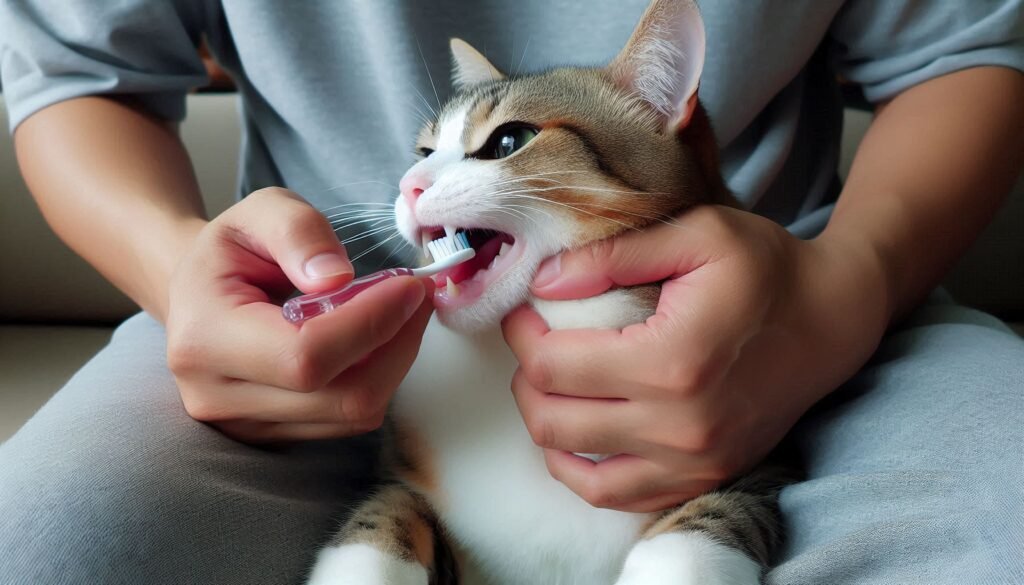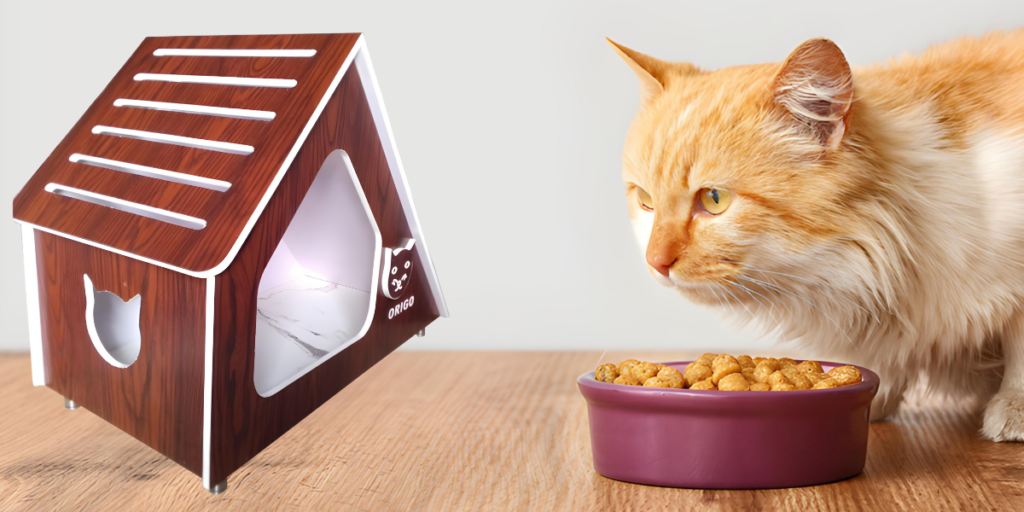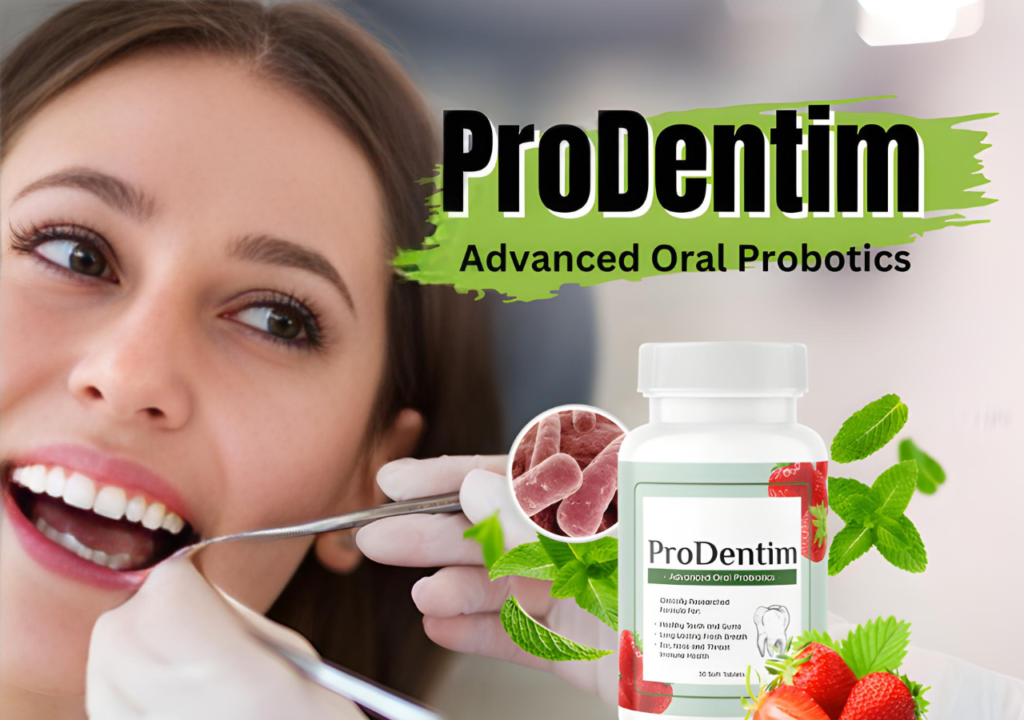The Ultimate Guide to Choosing the Best Pet Food for Your Furry Friends
As pet owners, one of the most important decisions we make is selecting the right food for our furry friends. Providing a balanced and nutritious diet is crucial for their overall health, longevity, and happiness. In this comprehensive guide, we’ll explore the essential factors to consider when choosing pet food, the types of pet food available, and tips to ensure your pets get the best nutrition possible.


Why Choosing the Right Pet Food Matters
A well-balanced diet plays a significant role in your pet’s health. Proper nutrition can:
- Promote Healthy Growth and Development: Quality pet food supports healthy growth, muscle development, and overall well-being.
- Boost Immunity: Nutrient-rich food strengthens your pet’s immune system, helping them fend off diseases and infections.
- Maintain Healthy Weight: The right diet helps prevent obesity, a common issue in pets that can lead to various health problems.
- Improve Coat and Skin Health: Essential fatty acids and vitamins contribute to a shiny coat and healthy skin.
- Enhance Energy Levels: Balanced nutrition ensures your pet has the energy they need to play, explore, and enjoy life.
Types of Pet Food
There are several types of pet food available, each with its own benefits:
Dry Food (Kibble)
- Pros: Convenient, easy to store, and helps keep teeth clean.
- Cons: May contain fillers and preservatives.
Wet Food (Canned)
- Pros: High moisture content, often more palatable for picky eaters.
- Cons: Shorter shelf life after opening, can be more expensive.
Raw Food
- Pros: Mimics a natural diet, often high in protein and nutrients.
- Cons: Requires careful handling and preparation to avoid contamination.
Homemade Food
- Pros: Complete control over ingredients, can cater to specific dietary needs.
- Cons: Time-consuming and requires nutritional knowledge to ensure balance.
Freeze-Dried and Dehydrated Food
- Pros: Long shelf life, retains most nutrients.
- Cons: Can be costly, requires rehydration before serving.


Factors to Consider When Choosing Pet Food
Age and Life Stage
Different life stages require different nutrients. Puppies and kittens need food formulated for growth, while adult pets need maintenance diets, and seniors may need food that supports joint health and mobility.
Breed and Size
Large breeds have different dietary needs than small breeds. Choose a formula that matches your pet’s size and breed-specific requirements.
Health Conditions
If your pet has specific health issues, such as allergies, kidney disease, or obesity, look for specialized diets designed to address these conditions.
Ingredients
Read the ingredient list carefully. High-quality pet food lists specific protein sources (like chicken or beef) and includes whole grains, vegetables, and essential vitamins and minerals. Avoid food with excessive fillers, artificial preservatives, and by-products.
Nutritional Balance
Ensure the pet food meets the standards set by regulatory bodies such as the Association of American Feed Control Officials (AAFCO). A balanced diet should include proteins, fats, carbohydrates, vitamins, and minerals.
Tips for Feeding Your Pet
- Follow Feeding Guidelines: Use the recommended portion sizes on the pet food packaging as a starting point, but adjust based on your pet’s activity level and body condition.
- Introduce New Food Gradually: Mix the new food with the old one over a week to prevent digestive upset.
- Provide Fresh Water: Always have fresh water available for your pet, especially if feeding dry kibble.
- Monitor Weight and Health: Regularly check your pet’s weight and health. Consult your veterinarian if you notice any changes or concerns.


Conclusion
Choosing the right pet food is crucial for your pet’s health and happiness. By considering factors like age, breed, health conditions, and ingredients, you can make informed decisions that will keep your furry friends thriving. Remember to consult your veterinarian for personalized advice and to stay updated on the latest pet nutrition information.
The Importance of Regular Dental Check-ups: Preventing Major Oral Health Issues
Caring for the health of teeth is very crucial to one’s health of the body….
Is Social Media Bad for Mental Health?
Is Social Media Bad for Mental Health? Exploring the Impact on Well-Being Social media has…
Probiotics Specially Designed for the Health of Your Teeth and Gums
Brand New Probiotics Specially Designed For TheHealth Of Your Teeth And Gums Try ProDentim: a unique…
The Health Benefits of Daily Coffee Consumption: Boost Your Focus, Mood, and More
Introduction: Coffee can be described as one of the most popular beverages in the globe,…
Top 5 Amazon Coffee Makers for Perfect Brews: Discover Your Ideal Coffee Machine
offee occupies an important place in many people’s lives, it is not only drink which…
Top 5 Best Coffee Shops in New York for a Perfect Coffee Date
When it comes to choosing the perfect coffee shop for a romantic coffee date in…
-
Brown Wooden Cat House | Dog House
Original price was: ₨ 16,499.₨ 11,999Current price is: ₨ 11,999. -
Candy Jar | Handmade Wooden Candy Jar | Pakistani Handicraft Nakashi Candy Jar
Original price was: ₨ 4,449.₨ 3,999Current price is: ₨ 3,999. -
Cat House | Brti Cat House | Indoor Puppy House | Pet House
Original price was: ₨ 30,000.₨ 28,499Current price is: ₨ 28,499.












